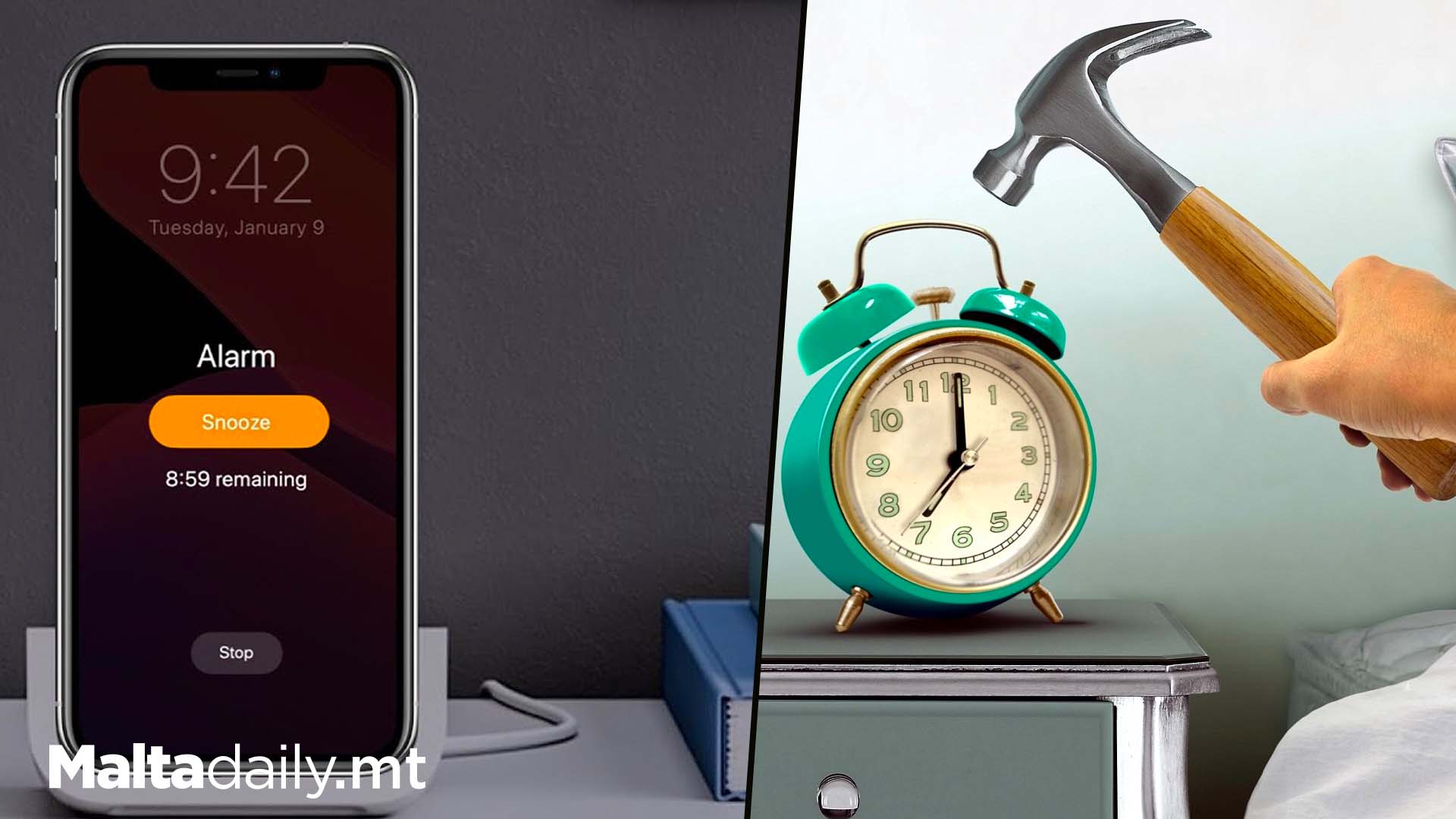
A study published in the Journal of Sleep Research suggests that hitting the snooze button in the morning might not be as ‘lazy’ as it seems.
Among 31 habitual snoozers, researchers found that 30 minutes of snoozing did not negatively impact cognitive performance compared to waking up without snoozing.


While it resulted in about six minutes of lost sleep, it prevented abrupt awakening from deep slow-wave sleep, which can be difficult to shake off quickly. Additionally, there were no apparent effects on stress hormone levels, mood, or overnight sleep patterns.
Lead author Tina Sundelin, from Stockholm University, stated that there is no reason to stop snoozing in the morning, especially for snooze times around 30 minutes.
In fact, it might even help those with morning drowsiness be more alert upon waking.
The study found that nearly 70% of roughly 1,700 surveyed adults used the snooze function or set multiple alarms, gaining an average of 22 more minutes of sleep per morning. It was also noted that those who tended to snooze were generally younger, more likely to be night owls, and slept less than non-snoozers.
Experts suggest that the decision to go back to bed or start the day depends on various factors, primarily whether one has gotten the recommended seven to nine hours of sleep. If not, it’s advised to head back to bed, except when the alarm is set to wake you in 90 minutes or less, as a complete sleep cycle takes around 90 minutes.
#MaltaDaily








